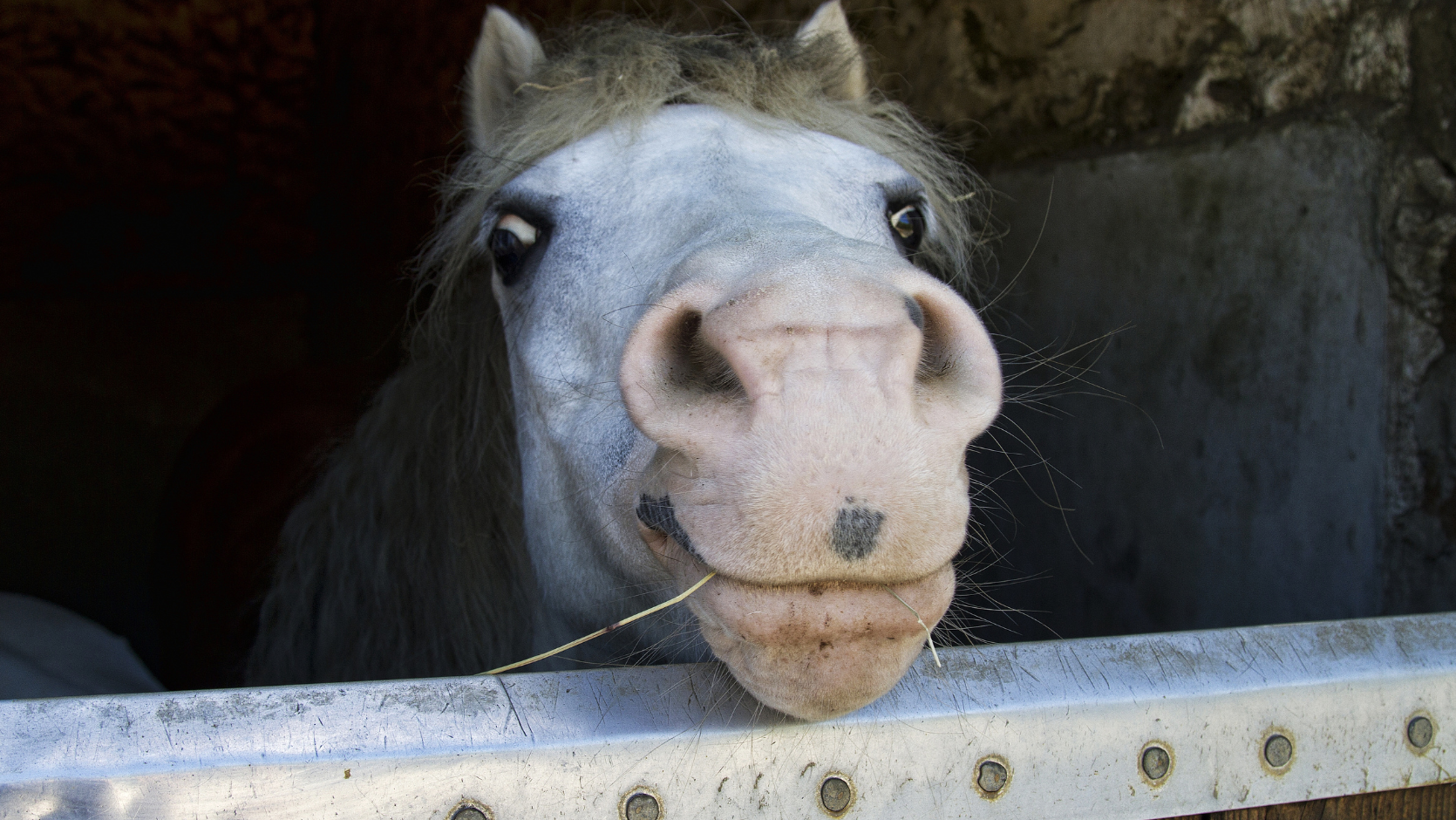The Facts
Niece named sole beneficiary under aunt’s will
In 1996 an elderly aunt made a will, in which she left $100,000 to each of her sisters, and the rest of her estate to her niece.
The sisters pre-deceased the aunt, making the niece the sole beneficiary of the aunt’s estate, should she die.
The aunt also had one other niece and two nephews.
Aunt diagnosed with dementia
In December 2004, the aunt was admitted to hospital with a bowel obstruction.
At the time of her hospitalisation, the aunt had not seen her nieces and nephews in many years. Nor had she ever had a close relationship with them.
However, the nieces and nephews re-emerged during her hospitalisation.
While in hospital, the aunt was under the care of a geriatrician who diagnosed her with moderately severe dementia.
Guardianship Tribunal appoints guardian and financial manager for aunt
The aunt’s niece applied to the Guardianship Tribunal, seeking orders for the appointment of guardians and a financial manager for her aunt.
The Tribunal granted the application, appointing the niece as guardian, along with another niece and nephew.
The niece’s son-in-law was appointed financial manager.
In February 2004, the aunt was discharged to a nursing home against her wishes, and lost access to and control of her money.
Aunt revokes previous will and makes new will in favour of neighbours
The aunt was angry about the Guardianship Tribunal’s decision.
She was also furious with her niece, as she blamed her for losing access to her money and for moving her into a nursing home.
She also suspected her niece’s true motive was to protect her inheritance under the 1996 will, now worth over $12.5 million.
In March 2005, the aunt made a handwritten will revoking all previous wills and gave instructions to a solicitor, resulting in an informal testamentary document.
In April 2005, she made a will that was duly witnessed and revoked all prior wills.
In the new will, she named Mr and Mrs G as her beneficiaries. They were a married couple who lived next door to the aunt.
Mr G subsequently predeceased the aunt, leaving Mrs G as the sole beneficiary of the aunt’s will.
Aunt dies and argument ensues over which will should be granted probate
On 17 September 2009, at the age of 95, the aunt died.
Mrs G applied to the Supreme Court of NSW for a grant of probate in relation to the April 2005 will.
The niece defended this application, seeking a grant of probate in relation to the 1996 will. She argued that her aunt did not have testamentary capacity to revoke her 1996 will. Nor did she have testamentary capacity to make the April 2005 will in favour of Mrs G.
The principal issue for the court to decide was whether the aunt had testamentary capacity.














Expert commentary on the court's decision
Supreme Court finds in favour of Mrs G
In Gray v Hart & Ors [2012] NSWSC 1435, the Supreme Court of NSW found in favour of the neighbour, Mrs Gray, awarding the entire estate of the deceased aunt, Mrs Harris, to her.
The court found that Mrs Harris had testamentary capacity to revoke her 1996 will that named her niece, Coralie Hart, as beneficiary and to make a new will in favour of the Grays.
Test for determining testamentary capacity
The onus was on Mrs Gray to show that Mrs Harris had testamentary capacity to revoke the 1996 will and to make the 2005 will.
The test to be applied in assessing testamentary capacity was as set out in Banks v Goodfellow (1870) LR 5 QB 549.
First, Mrs Gray had to establish that Mrs Harris understood the nature of the act of making a will and the effect of making a will.
Second, she had to establish that Mrs Harris understood, at least in general terms, the nature and extent of the property of which she was disposing.
Third, she had to establish that Mrs Harris was aware of those who might reasonably be thought to have a claim upon her testamentary bounty and the basis for and nature of such claims.
Finally, she had to establish that Mrs Harris had the ability to evaluate and discriminate between the respective strengths of the claims of such persons.
Differing expert opinions on aunt’s testamentary capacity
The views of whether Mrs Harris had testamentary capacity diverged considerably between the hospital geriatrician, Dr Beveridge, the neurologist, Professor Watson, and neuropsychologist, Ms Roberts.
The court also considered the evidence of the solicitors who took Mrs Harris’s instructions for her will, and for her largely unsuccessfully application to revoke the Guardianship Tribunal’s orders.
Court critical of actions of niece and her son-in-law
The court found Coralie Hart to be an unsatisfactory witness, with numerous inconsistencies between her evidence in cross-examination and her affidavit evidence. It also found her conduct in removing documents from Mrs Harris’s house without authority to be discreditable.
The court also found that Mrs Hart’s son-in-law, Mr Swindells, was instrumental in bringing the applications to the Tribunal. Further, his motive for doing so was to obtain control of Mrs Harris’s finances to protect his mother-in-law’s inheritance.
The court also noted that in the time period between closing Mrs Harris’s cheque account in March 2005 and late May 2005, Mr Swindells did not provide Mrs Harris with any of her money. Instead she had to borrow money from Mr and Mrs Gray for essentials.
Court rejects geriatrician’s view that aunt was delusional
If a testator is suffering from a delusion at the time of making their will, this would prevent them from satisfying the testamentary capacity test in Banks v Goodfellow.
For the purposes of testamentary capacity, the courts have defined a delusion as “a fixed an incorrigible false belief which [the testatrix] could not be reasoned out of” (Bull v Fulton (1942) 66 CLR 295 at 339). A false belief is not automatically delusional.
Dr Beveridge concluded that Mrs Harris suffered from the delusion of “paranoid ideation regarding family members”, as he believed her relatives to be acting in her best interests.
The court disagreed with Dr Beveridge, finding that Mrs Harris’s beliefs were not unreasonable beliefs to hold. Whether her beliefs were mistaken or not, it was not an irrational view, and Dr Beveridge’s conclusion that it showed paranoia, was therefore unfounded.
Furthermore, the evidence showed that some of Mrs Harris’s suspicions were not only rational, but also correct. For example, her estate was in fact misapplied under Mr Swindells’ financial management, with spending at an array of establishments, such as Lululemon, Witchery and David Jones, while Mrs Harris was bedridden following a stroke in 2017.
Court accepts neurologist’s evidence of testamentary capacity
The court ultimately preferred the evidence of Professor Watson and Ms Roberts to that of Dr Beveridge.
The court agreed with Professor Watson’s opinion that the geriatric medicine staff at the hospital were fixed on a particular diagnostic model – namely dementia.
Dr Beveridge had not accurately assessed the cause of Mrs Harris’s apparent incapacity while in hospital. Her incapacity was due not to dementia, but rather to being deficient in vitamin B12, not being provided with adequate nutrition and suffering from sensory deprivations, including very poor vision and being somewhat deaf.
The court also accepted Professor Watson’s evidence that none of Mrs Harris’s medical conditions, nor her general mental condition, was likely to have affected her ability to understand the nature of the act of making a will, or its effect.
Nor would these conditions affect her ability to understand the extent of the property of which she was disposing, her ability to identify the claims which she sought to consider, or her ability to evaluate and discriminate between the strength of these claims.
Cautionary tale for those seeking to take advantage of a wealthy relative’s estate
This case provides a cautionary tale to those hoping to take a cut from a wealthy relative’s estate.
In particular, attempts to undermine belief in a testator’s testamentary capacity through allegations of “paranoia” and “delusions” must be substantiated, as the court will carefully consider the motivations and the conduct of the claimants.
It is also a reminder that not including a person in a will due to beliefs held in regard to their motivations, or because of poor behaviour, will not necessarily be grounds for a court to render a will void.
Age related feebleness not synonymous with lacking testamentary capacity
This case also highlights that just because someone is less sharp in their old age than they used to be, it doesn’t mean that they lack testamentary capacity.
As the court quoted Kirby P saying in Estate of Griffith:
For more information, please see Does dementia make a will invalid?